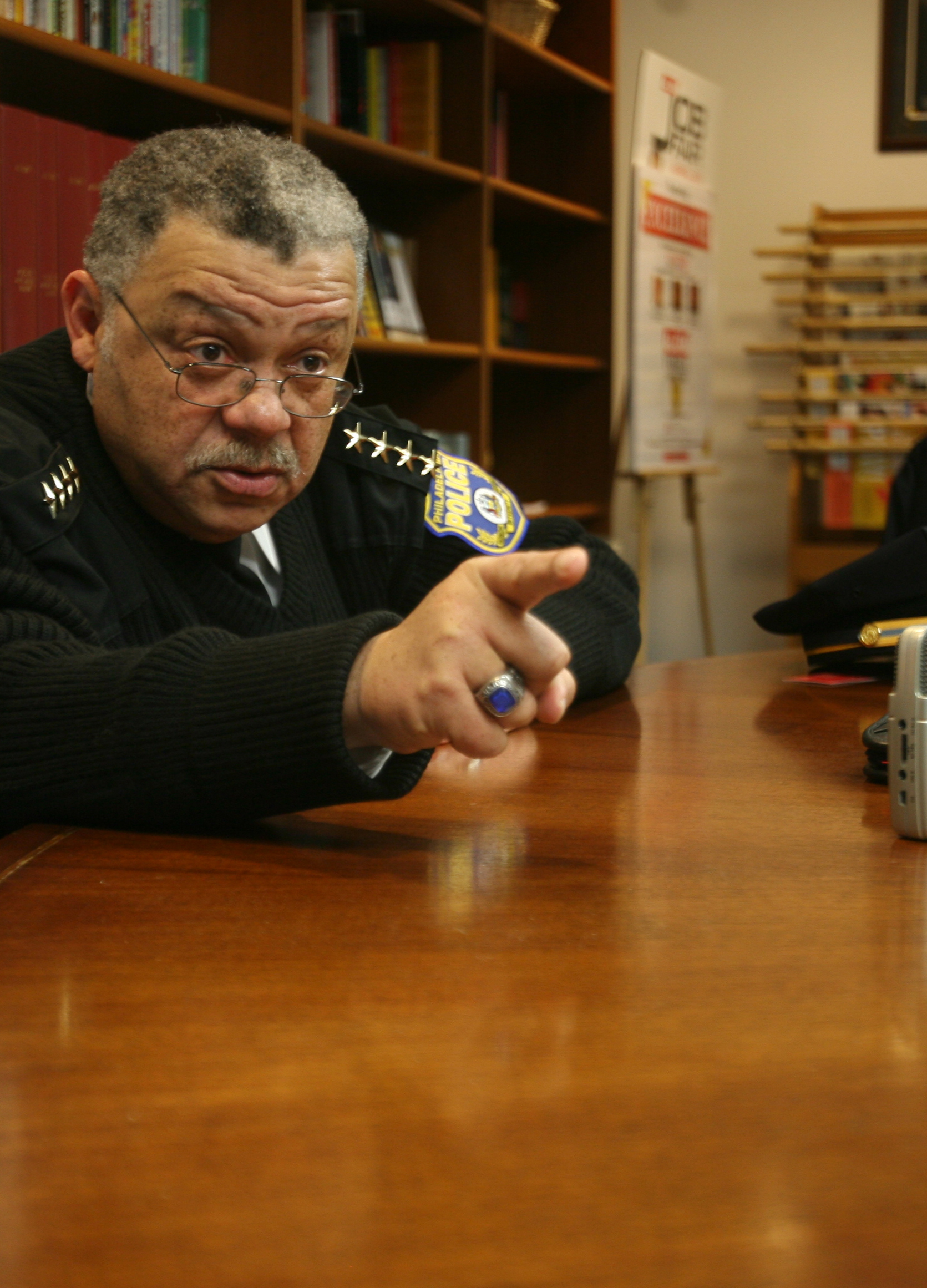
Federal report on PPD recommends better training and stronger community relations
Among the report’s 48 findings are “are deficiencies in the department’s use of force policies and training” and a lack of cooperation with the Police Advisory…
The U.S. Department of Community Oriented Policing Services (COPS) released Monday its initial report on the Philadelphia Police Department’s use of lethal force and other policing practices.
The report cites 48 findings and offers 91 recommendations for reforming the department.
In 2013, PPD Commissioner Charles Ramsey requested the review from the COPS Office in response to numerous shootings involving his officers. Over the last two years, the COPS Office has combed through Ramsey’s departmental literature, from policies to training manuals. They conducted 164 interviews with both sworn department personnel and outside community members, and they directly observed the PPD’s operations — including the controversial use of force review board.
Among the report’s 48 findings are “are deficiencies in the department’s use of force policies and training” and a lack of cooperation with the Police Advisory Commission.
The COPS Office’s 91 recommendations include revisions in the current use-of-force policies, more systematic academy training, and mandatory updated training for veteran officers, including a lesson on “unconscious bias.”
Relevant to the ongoing the Brandon Tate Brown case, the COPS Office has also recommended that the PPD combine its two review boards for officer-involved shootings to include at least one community member.
COPS will work closely with the PPD over the next 18 months to implement the recommended practices.
The full report can be read online here.










LEAVE A COMMENT:
Join the discussion! Leave a comment.